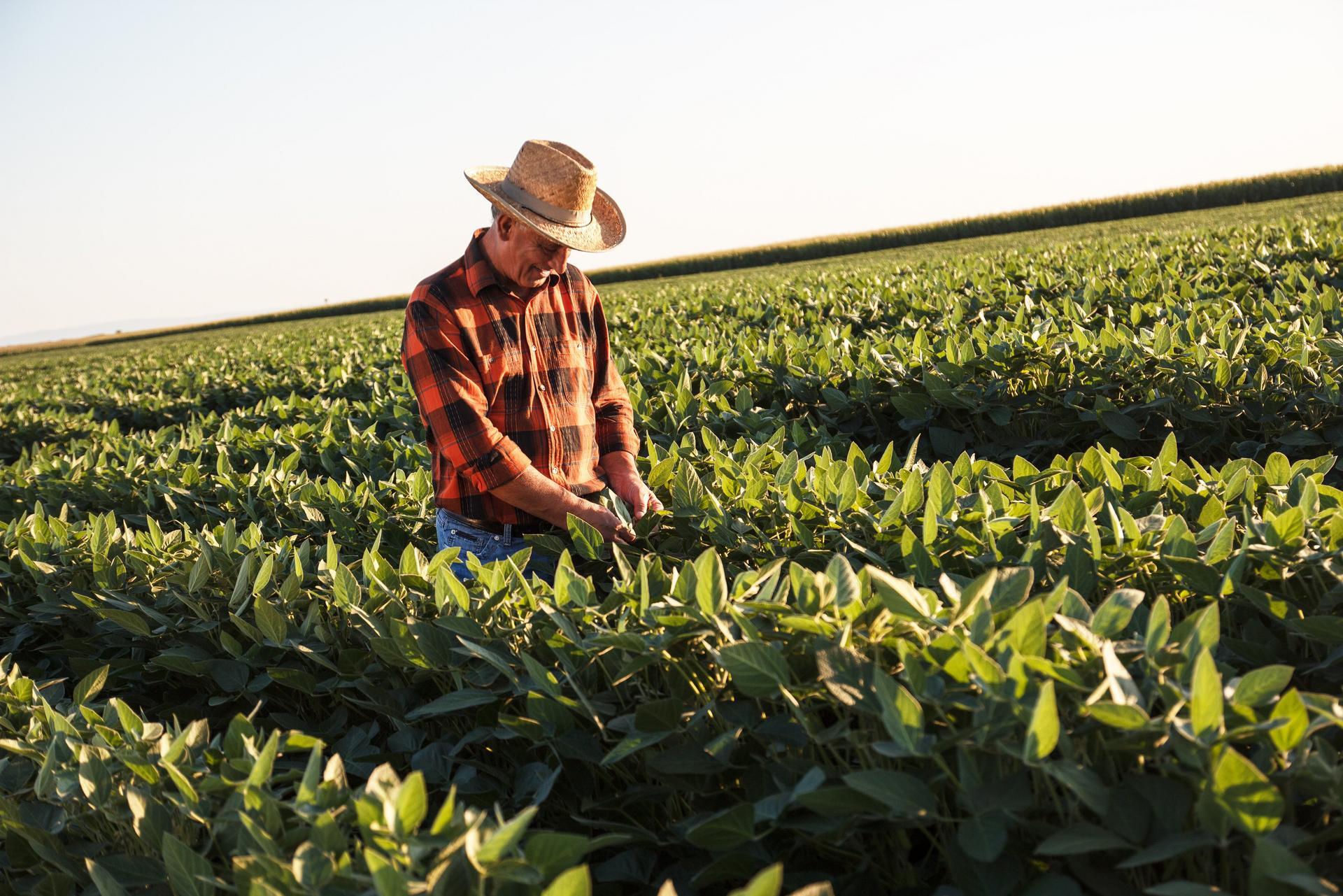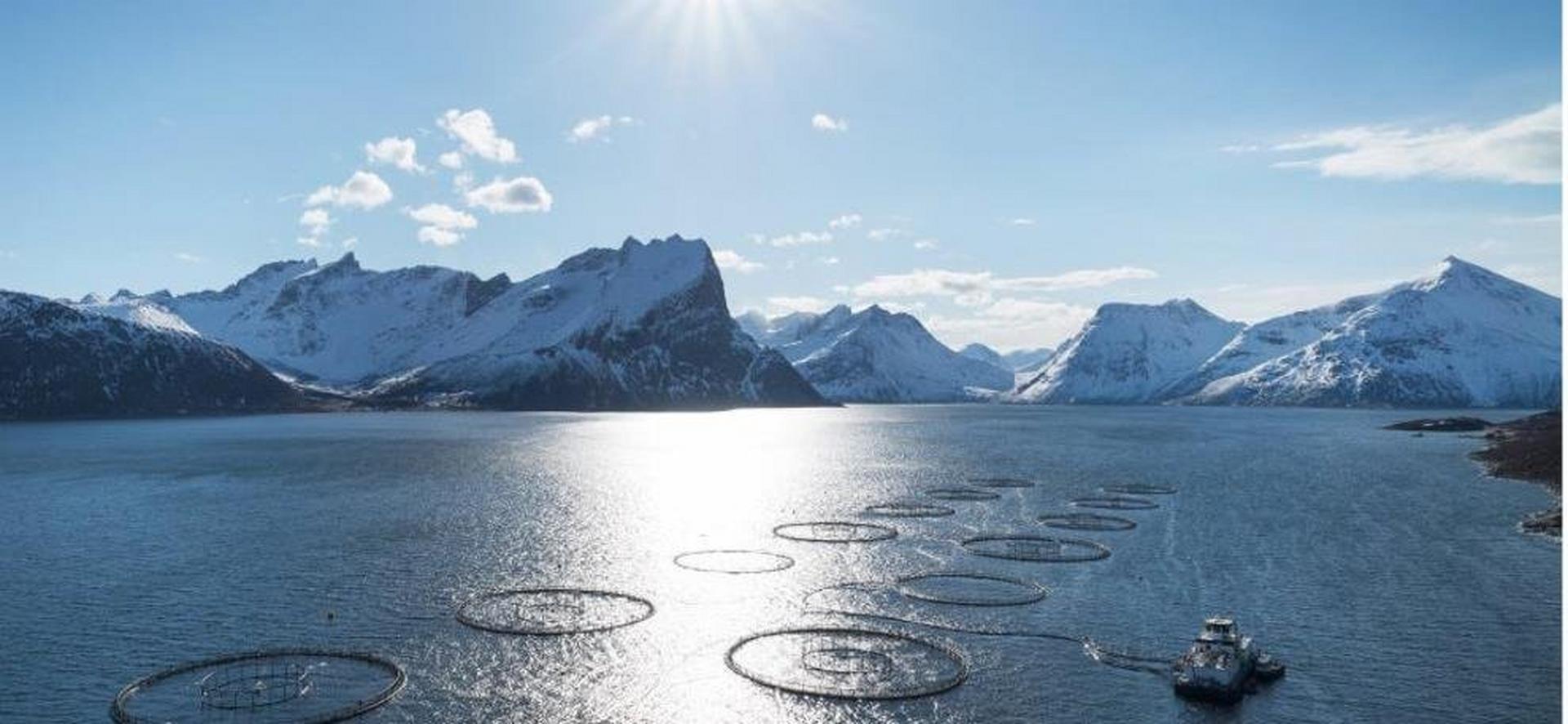- Restorative
A True Local Scottish Tale
The collaboration between Lunar, BioMar, Scottish Sea Farms, and Marks & Spencer is a great example of a local value chain in action, that starts in Scottish waters and ends on Scottish dinner tables. By working together, we can enhance the resilience of Scotland’s seafood supply chain, ensuring a responsible and efficient food system.












